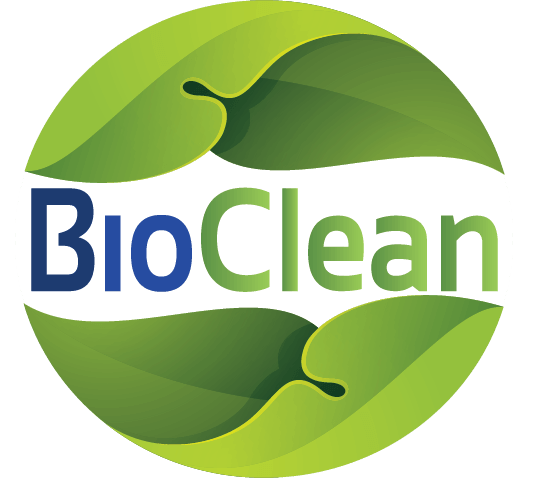Do Home Inspections Check for Mold? Your Guide to a Cleaner, Safer Home
When embarking on the journey of purchasing a new home, one of the critical steps before sealing the deal is the home inspection. A thorough home inspection is pivotal, as it can uncover hidden issues that might not be visible to the naked eye. One question that frequently arises during this process is: Do home inspections check for mold? At BioClean, we understand the importance of ensuring a safe and healthy living environment. Thus, we've compiled key insights to guide you through understanding the role of mold inspections in the home-buying process.
Understanding the Standard Home Inspection
A standard home inspection focuses on assessing the physical structure and major interior systems of a prospective home. This typically includes the condition of the home’s HVAC system, plumbing, electrical systems, roof, and foundation. Inspectors look for significant defects or malfunctions that could affect the home's value or pose safety risks.
Mold: The Hidden Intruder
Mold, however, often falls into a gray area. While some home inspectors might point out visible signs of mold or moisture issues during a standard inspection, a comprehensive mold inspection usually requires a specialized approach. Mold can lurk in hidden corners, behind walls, under carpets, or in attics and basements—areas not always covered in a standard inspection.
The Importance of a Mold Inspection
Mold inspections are crucial for several reasons. First and foremost, mold can pose serious health risks, especially to individuals with respiratory conditions, allergies, or compromised immune systems. Moreover, the presence of mold can indicate underlying issues like water damage or leaks, which could lead to costly repairs down the line.
When Should You Consider a Mold Inspection?
When considering a mold inspection is crucial in ensuring your future home is both safe and sound. Here are key moments to prompt a more detailed look into potential mold issues:
- Visible Signs of Mold: If you or your home inspector notice visible mold growth or areas of dampness and water intrusion, it's a clear signal to conduct a mold inspection.
- Health Symptoms: If occupants experience unexplained allergies, respiratory problems, or other health issues that could be linked to mold exposure, a mold inspection should be considered.
- After a Water Event:
Homes that have experienced flooding, leaks, or significant water damage should be inspected for mold, as these conditions are ripe for mold growth.
What Inspectors Might Miss: Mold in Non-Traditional Areas
Standard home inspections typically focus on attics, basements, and crawlspaces—but mold can hide in unexpected places. Areas like behind wallpaper, inside HVAC ducts, beneath kitchen cabinets, and around recessed lighting often go unchecked unless specifically requested. These "non-traditional" zones can harbor moisture from leaks or poor airflow, making them hotspots for hidden mold colonies. Homebuyers should consider a more invasive mold inspection if there's a history of water damage or suspicious odors. Investing in thermal imaging or moisture meter tests can help uncover what a general visual inspection may overlook.
How Mold Inspections Can Influence Mortgage Approvals and Insurance
Significant mold findings during the home buying process can trigger red flags for both lenders and insurers. Some mortgage underwriters may pause funding until remediation is completed and documented. Likewise, insurers might deny coverage or impose higher premiums for homes with unresolved mold issues. Disclosing mold history is often required in property transactions, so early identification and treatment can streamline financing and protect the deal. Proactively addressing mold during inspections shows responsibility and reduces liability down the line.
BioClean: Your Partner in Mold Detection and Remediation
At BioClean, we recommend considering a mold inspection as part of your home buying process, especially if any red flags arise during the standard home inspection. Should mold be detected, it’s not just about removal; it’s about understanding the source of moisture and rectifying it to prevent future growth. Our team of experts is equipped with the knowledge and tools to not only detect mold but to provide comprehensive solutions for mold remediation and prevention.
